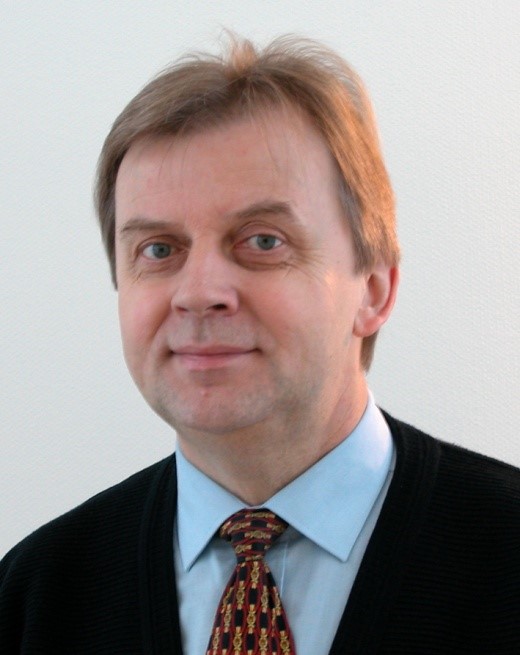Prof. Dr. Jozef Pacyna
Professor
Prof. Jozef M. Pacyna is a Professor at the Faculty of Energy and Fuels of the AGH University of Science and Technology in Krakow, Poland and a former Research Director of the Norwegian Institute for Air Research in Kjeller, Norway. He was awarded a Visiting Professorship at the University of Michigan (1992-1993), the Chalmers 150th Anniversary Visiting Professor at the Chalmers University of Technology, Gothenburg, Sweden (1994 – 1997), and a 2006 Visiting Professorship at the Yale University.
Prof. Pacyna’s expertise is on biogeochemical cycling and fluxes of mercury, other heavy metals, persistent organic pollutants, and radionuclides in the environment with focus on coastal zone ecosystems. Another field of his expertise is related to the implementation of environmental strategies and policies defined within international agreements on emission and flux reductions, including cost-benefit analysis of this implementation. He has been one of the lead authors providing UNEP with scientific justification for the UN Minamata convention.
Prof. Pacyna has been a coordinator of the EU European Land-Ocean Interaction Studies (ELOISE) Framework (62 EU projects); a chairman of the Scientific Steering Committee of the International Geosphere-Biosphere Program (IGBP) program on Land-Ocean Interactions in Coastal Zone (LOICZ); and a member of the Intergovernmental Oceanographic Commission (IOC) Global Ocean Observing System (GOOS) Coastal Panel.
Prof. Pacyna is the author of more than 450 scientific publications, including more than 120 papers in peer-reviewed journals and more than 30 books and book chapters. His works have been cited about 20 000 times, bringing his citation index H to 40. In 2012 he received Life Achievement Award for recognition of his outstanding contribution to advancing scientific knowledge of heavy metals in the environment, and their impact upon human health.
"I will be glad to connect on research related to impact of climate change on coastal ecosystems, pollution of the coastal areas, water continuum from rivers to coastal areas and further to open sea, urbanization as a major driver of coastal ecosystem change."
Links for more information
Which themes and hotspots of Future Earth Coasts are you addressing with your work?
Themes: Human Development and Coasts, Pathways to Coastal Sustainability
Hotspots: Urbanization in coastal zones, Arctic Coasts, River-Mouth Systems, Deltas and Estuaries

